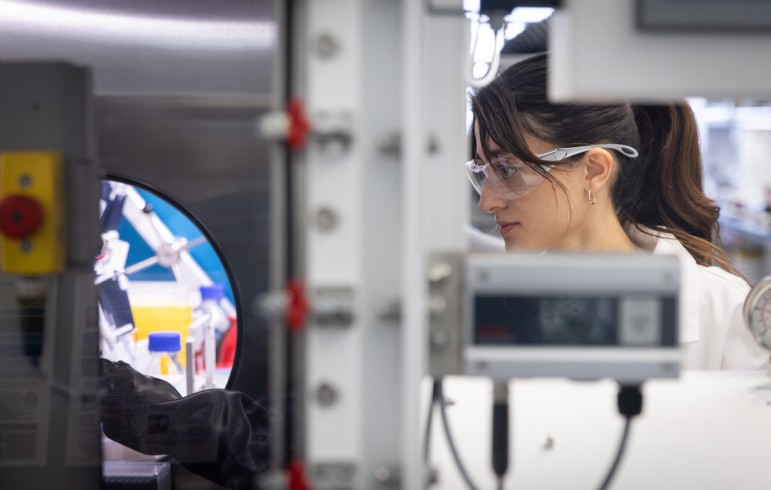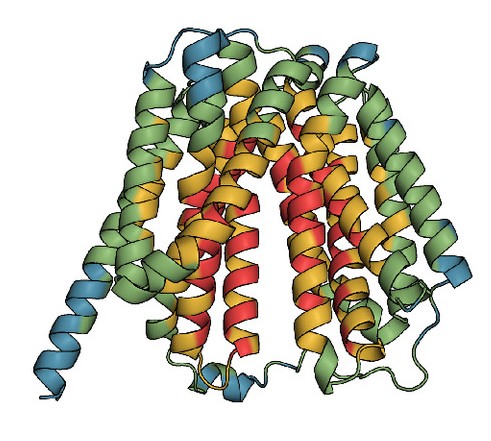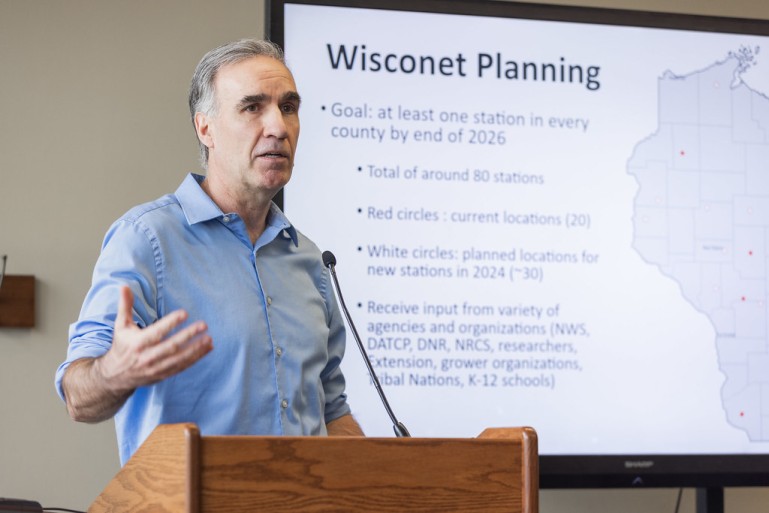A shared passion for renewable energy technology has brought together two professors with two very different areas of expertise.
Confronted with the large gap between what science tells us about the dangers of climate change and the unwillingness of some elected officials to implement policies to address the problem, a group of University of California-Berkeley scholars is outlining some new strategies for moving climate p
The Wisconsin Energy Institute (WEI) held its third annual Energy Summit on October 13th, 2015. This year’s Summit focused on "Air & Energy: The Path Ahead for the U.S. States" and attracted an enthusiastic crowd of 285 attendees.
Cities across the nation draw energy from interlinked transmission lines—and coordinating where to send resources at any given moment requires thousands of split-second calculations based upon massive amounts of data.
David Ryder recently shared with us his thoughts about serving as scientific advisor to the Great Lakes Bioenergy Research Center (GLBRC), the past eight years of GLBRC research, and the next decade of bioenergy advancements.
Inspired by mammals' eyes, University of Wisconsin-Madison electrical engineers have created the fastest, most responsive flexible silicon phototransistor ever made.
While scientists learn more with each passing study about the way the invisible lives of fungi, bacteria, viruses and other microscopic organisms intersect with much larger plants and animals as well as the planet, Tim Donohue and a group of prominent scientists want to make sure researchers don’



